People who choose not to have children and are openly "childfree" often are looked at strangely by the parents and "pro-natalists" who dominate our culture and society. It is ingrained into our minds from an early age that having kids eventually is something all people do, or should at least want to do. So to think differently, to choose a different path in life, means being confronted with frequent questions and challenges from others.
It can be very frustrating to be a childfree person and to be constantly confronted with people arguing against that choice, or questioning one's motivations. Here I've collected some of the most frequently heard "bingo"s (reasons to have children) childfree people receive on a regular basis, but also ways to respond to them and rebuke the questioner. Hopefully this may help those who are childfree deal with those who find it difficult to accept their choices. And also, hopefully it will help other people open up their minds to other ways of life and being more tolerant/understanding toward them.


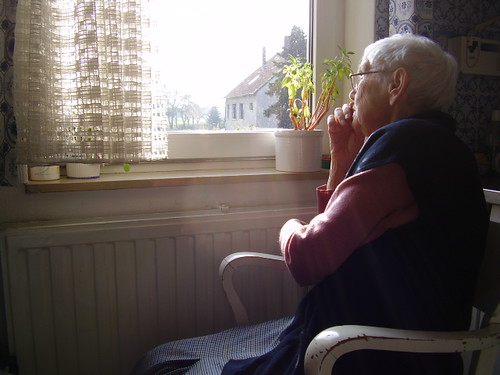 First off, this is an incredibly selfish reason to justify having children: to basically have them with the expectation that they will be your caregivers in your elderly years! (And people are always saying that the childfree are the selfish ones...) But it doesn't even make sense, because having children is no guaranty that they will be there for you if you are sick or need assistance later in life.
First off, this is an incredibly selfish reason to justify having children: to basically have them with the expectation that they will be your caregivers in your elderly years! (And people are always saying that the childfree are the selfish ones...) But it doesn't even make sense, because having children is no guaranty that they will be there for you if you are sick or need assistance later in life.


 Making this comment assumes that the person being told it actually believes in the same God as you do, and also follows the Bible literally. Even many Christians today accept that the Bible is a product of its times and necessities, and contains many rules, statements and edicts that are not applicable to today's word.
Making this comment assumes that the person being told it actually believes in the same God as you do, and also follows the Bible literally. Even many Christians today accept that the Bible is a product of its times and necessities, and contains many rules, statements and edicts that are not applicable to today's word. 


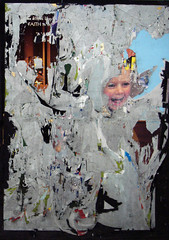
 A name is just a name, isn't it? To obsess in this day and age over carrying on a family tree is a strange kind of egotism that I simply don't understand, personally. It's not as if most of us are any kind of royalty; we aren't going to pass along a kingdom based on being genetically linked to some king, queen or duke from the past.
A name is just a name, isn't it? To obsess in this day and age over carrying on a family tree is a strange kind of egotism that I simply don't understand, personally. It's not as if most of us are any kind of royalty; we aren't going to pass along a kingdom based on being genetically linked to some king, queen or duke from the past.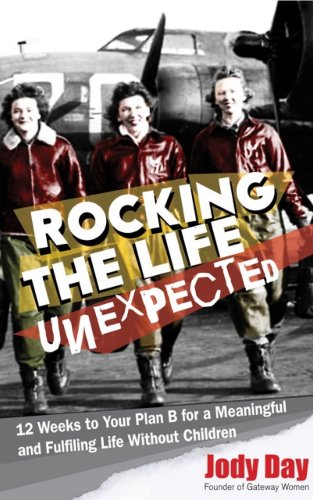





 I think I've done a pretty good job above illustrating how there are quite a few extremely selfish reasons to have children, not the other way around. To have kids so you can have a caretaker in your old age; to have kids to supposedly show off your "good genes"; to have kids because your parents want to be grandparents; to have kids to "carry on the family name".
I think I've done a pretty good job above illustrating how there are quite a few extremely selfish reasons to have children, not the other way around. To have kids so you can have a caretaker in your old age; to have kids to supposedly show off your "good genes"; to have kids because your parents want to be grandparents; to have kids to "carry on the family name". 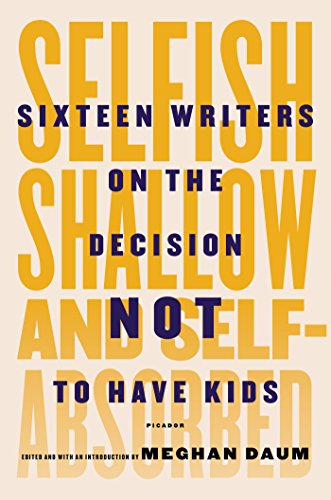




 A Potentially Fatal Accident in the Homeon 11/24/2018
A Potentially Fatal Accident in the Homeon 11/24/2018
 Windsurfing Lessons on Montserrat: One of My Funniest—and Fondest—Travel Memorieson 11/20/2018
Windsurfing Lessons on Montserrat: One of My Funniest—and Fondest—Travel Memorieson 11/20/2018
 Christmas Ornaments Celebrating Rome, Italyon 11/12/2018
Christmas Ornaments Celebrating Rome, Italyon 11/12/2018
 Philadelphia-Themed Christmas Ornamentson 11/09/2018
Philadelphia-Themed Christmas Ornamentson 11/09/2018

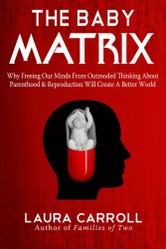

Comments